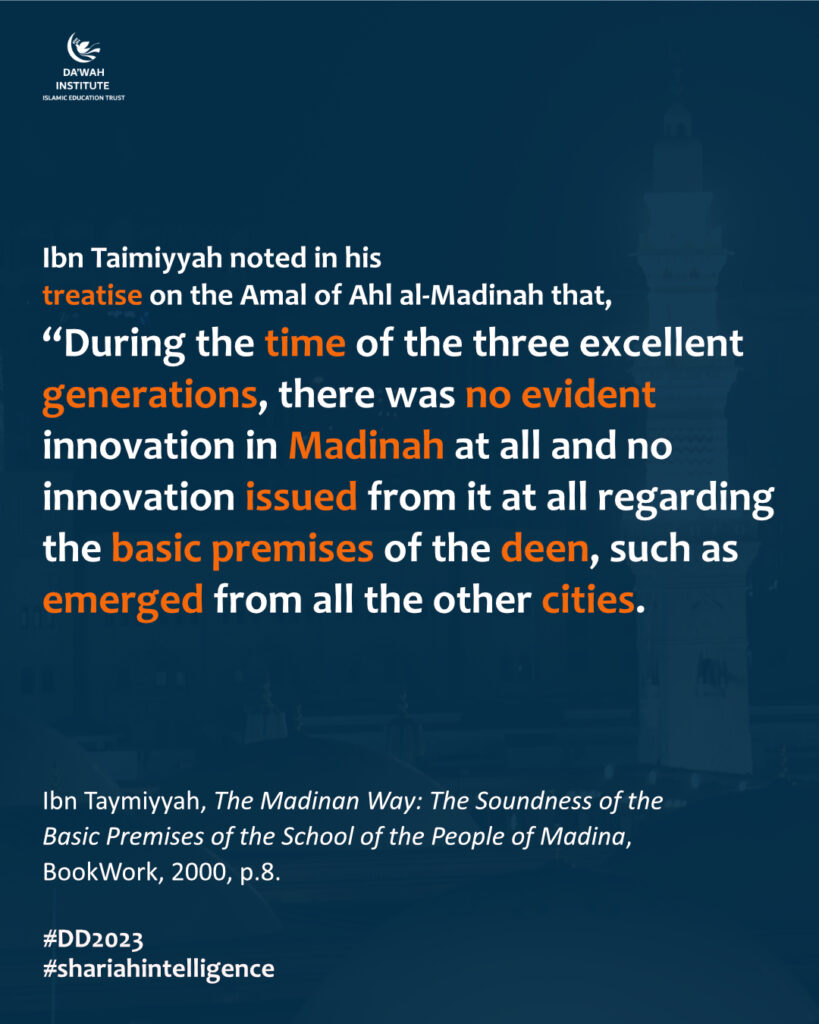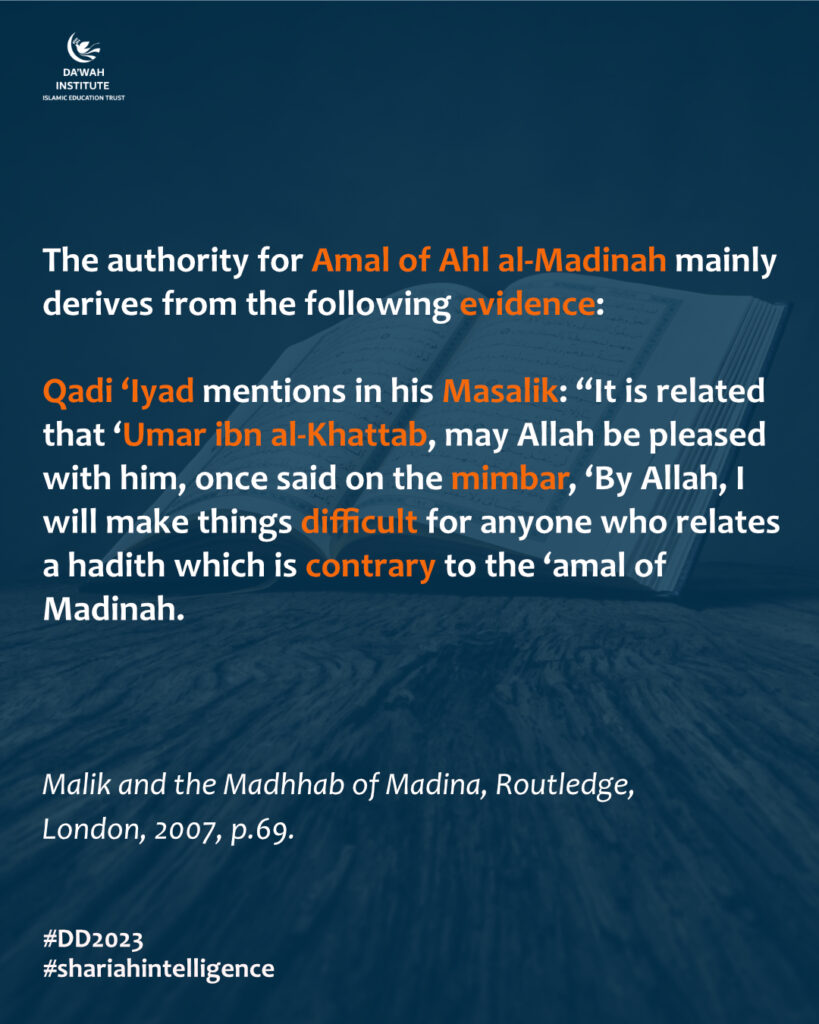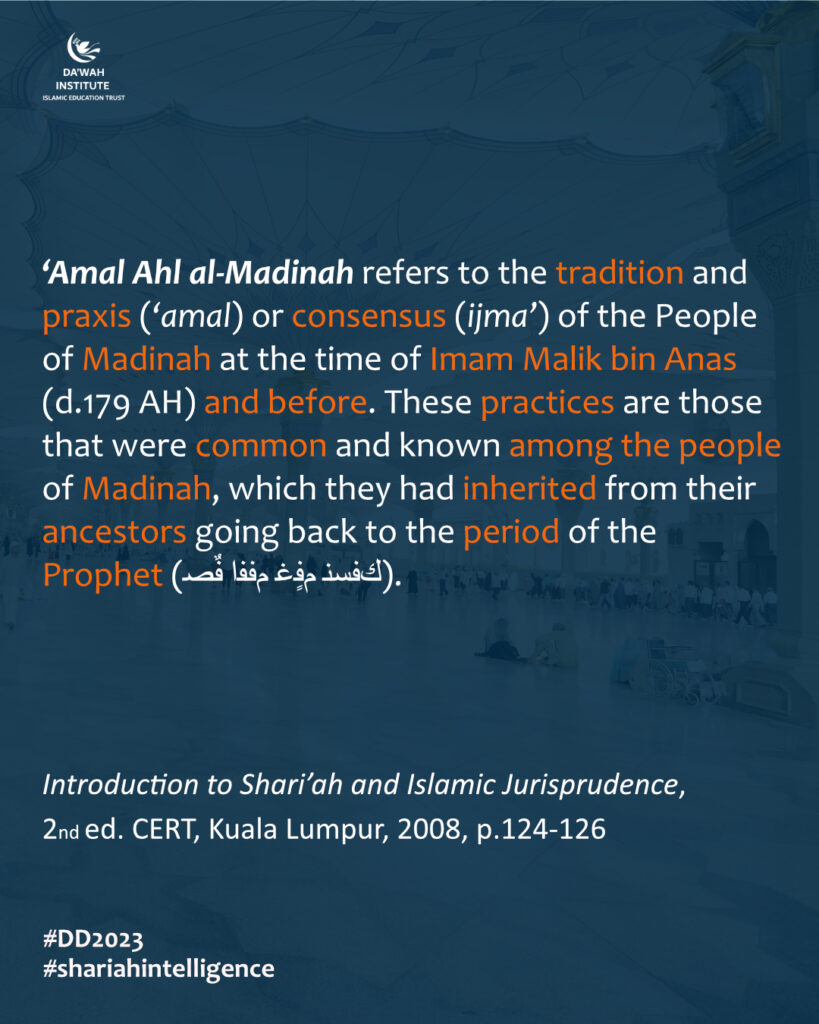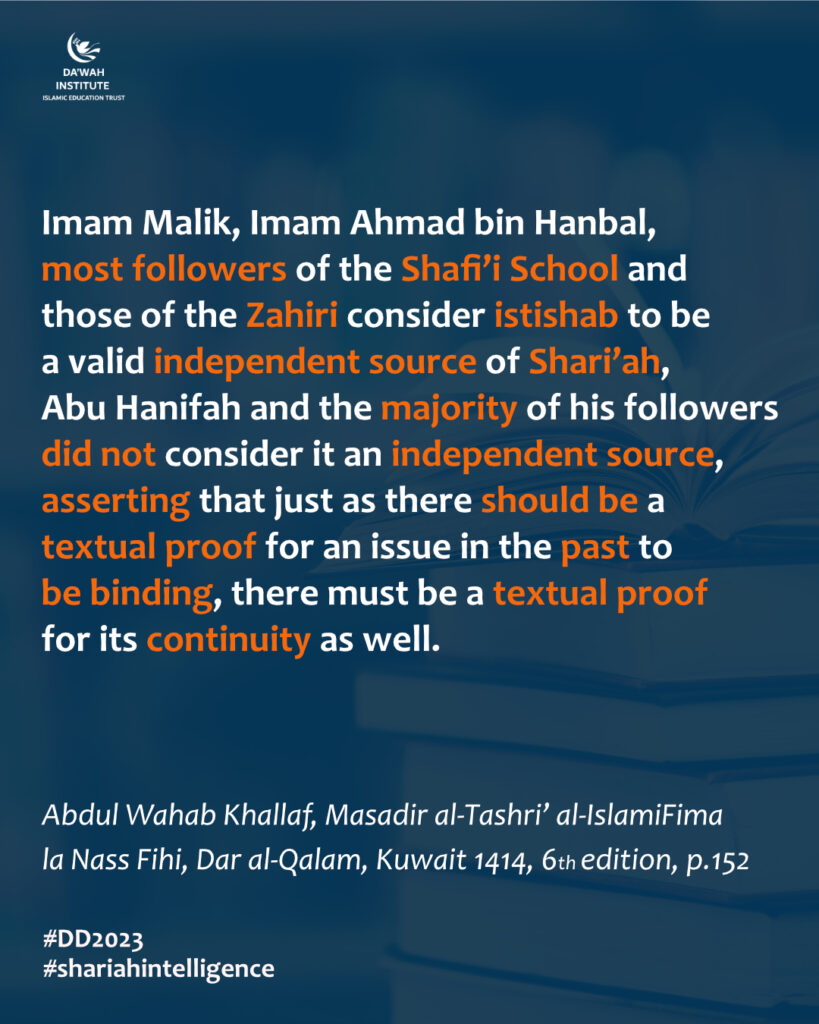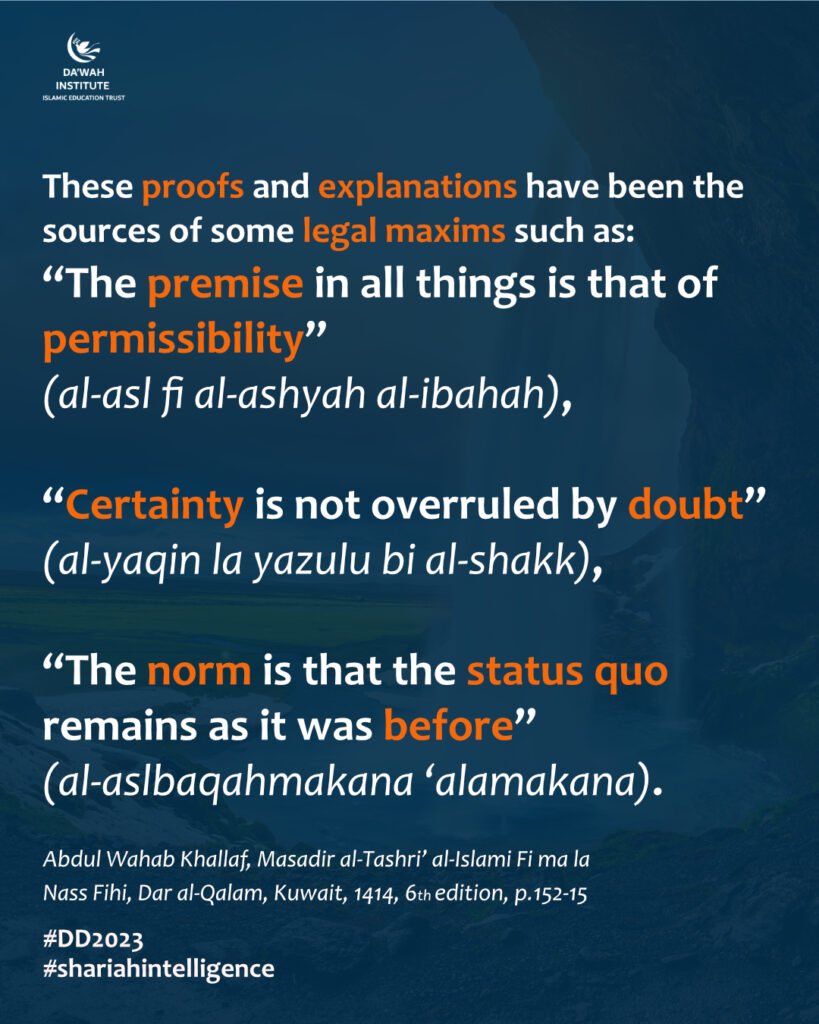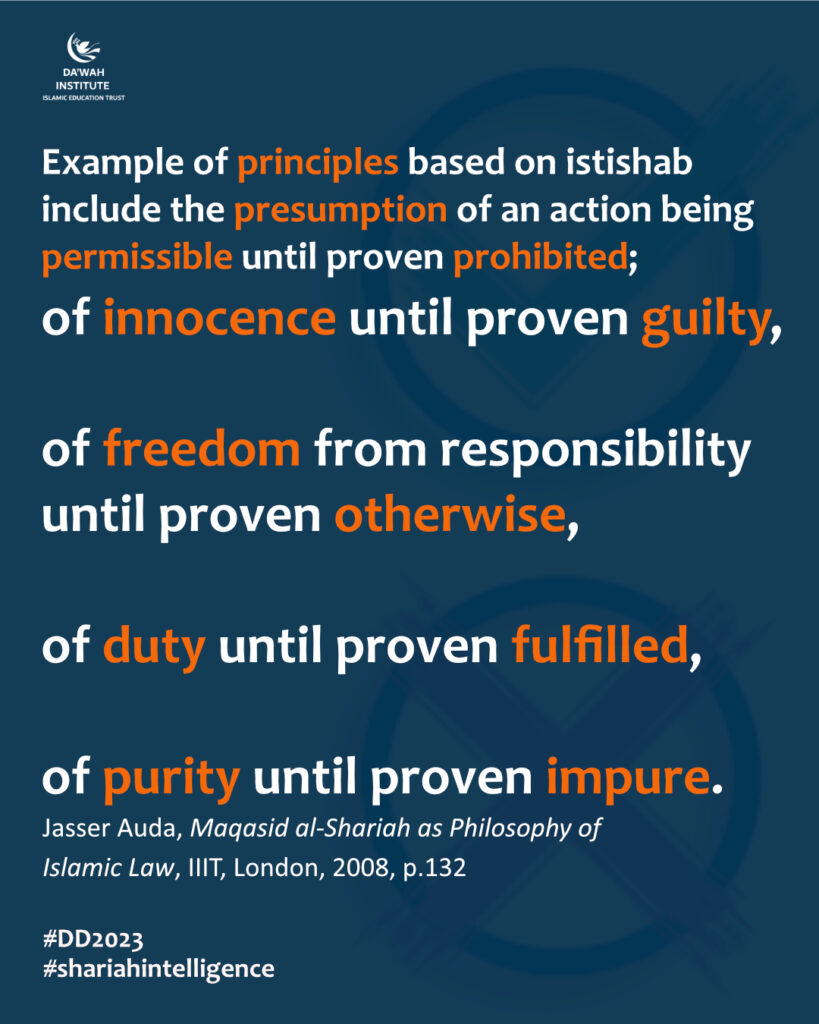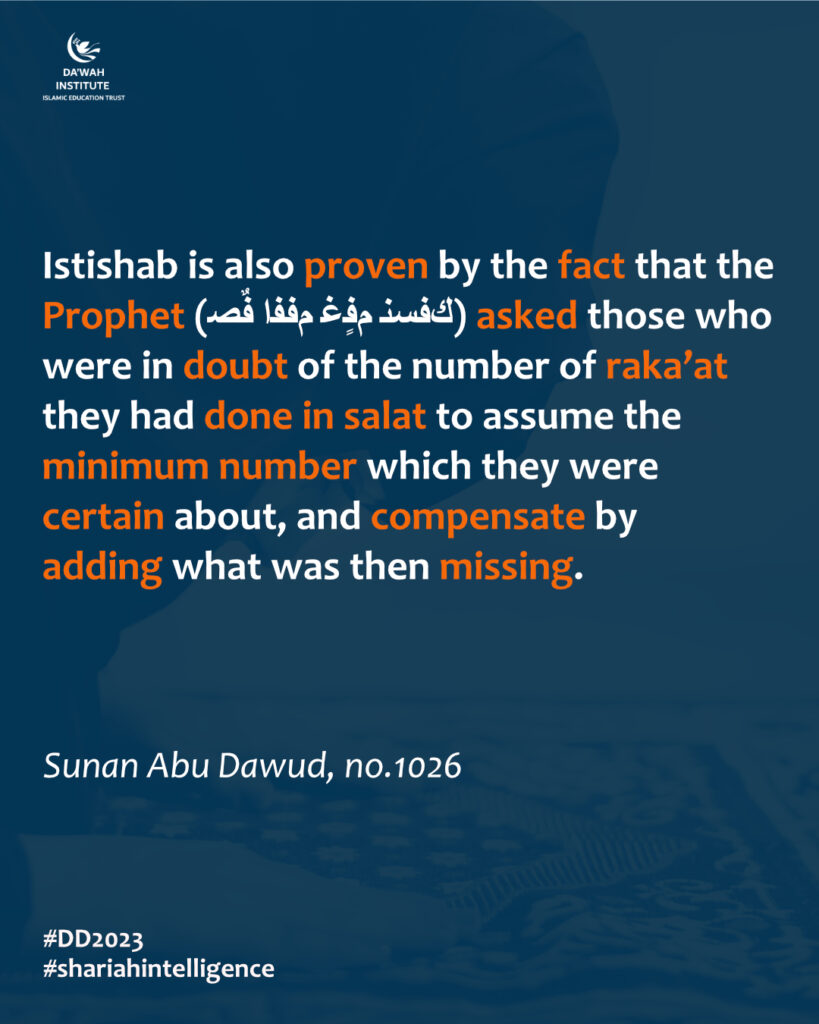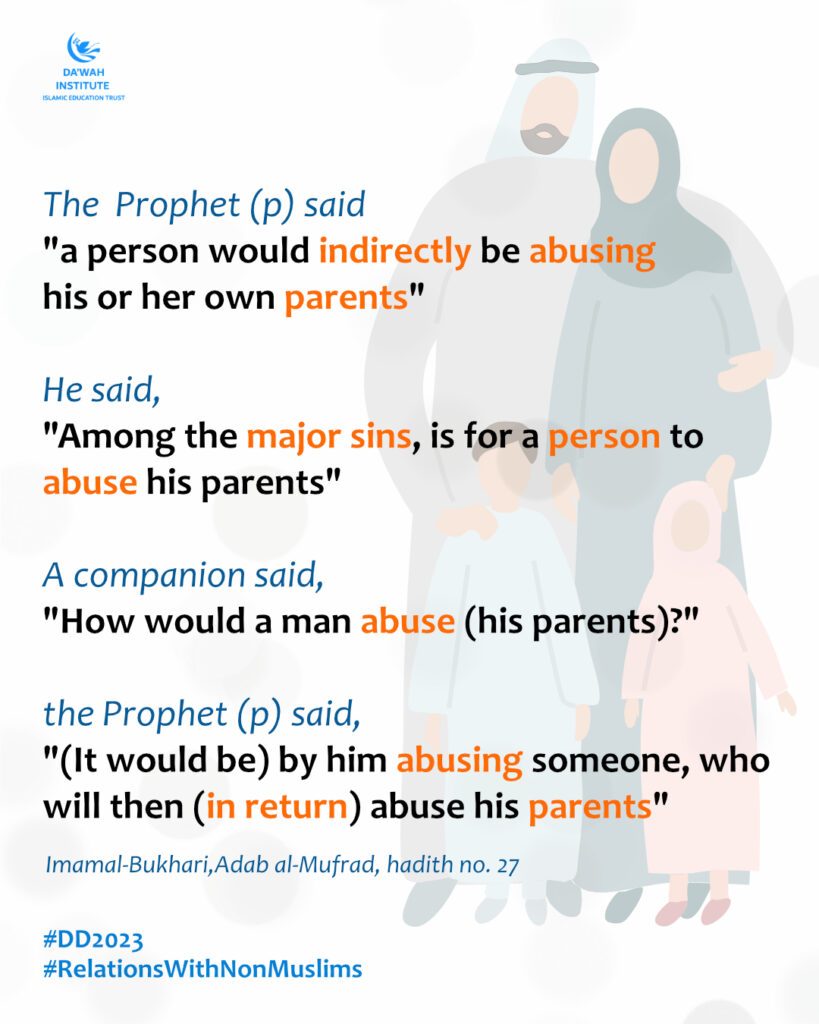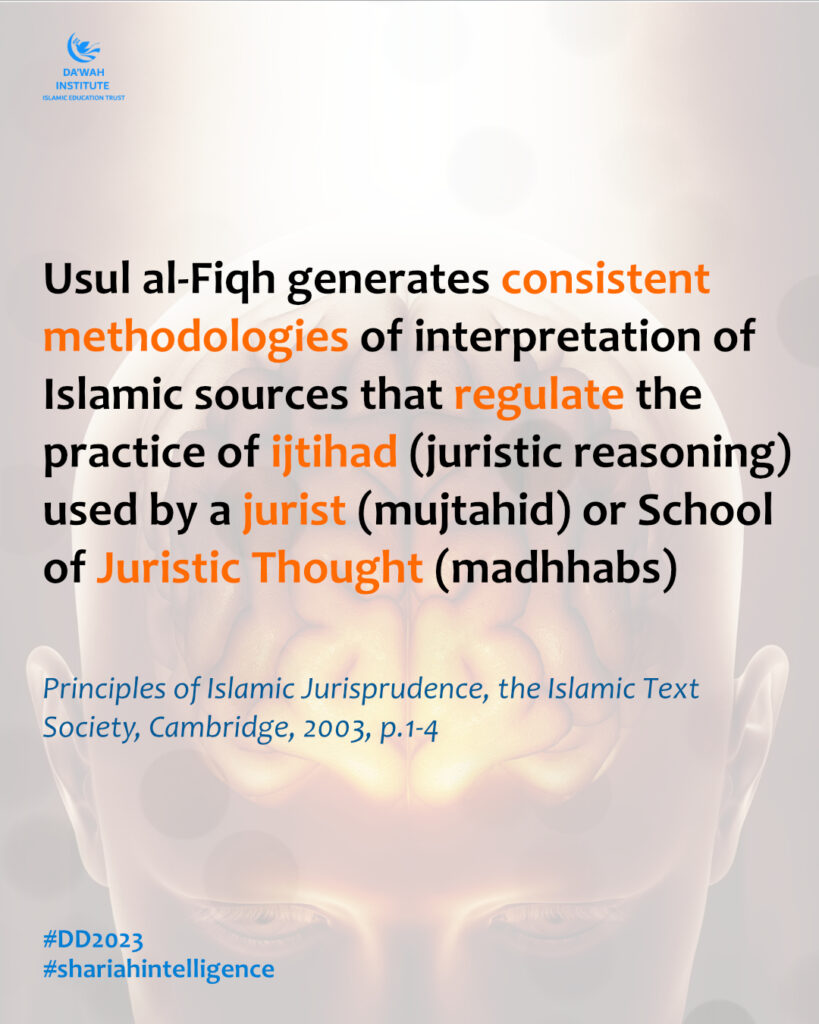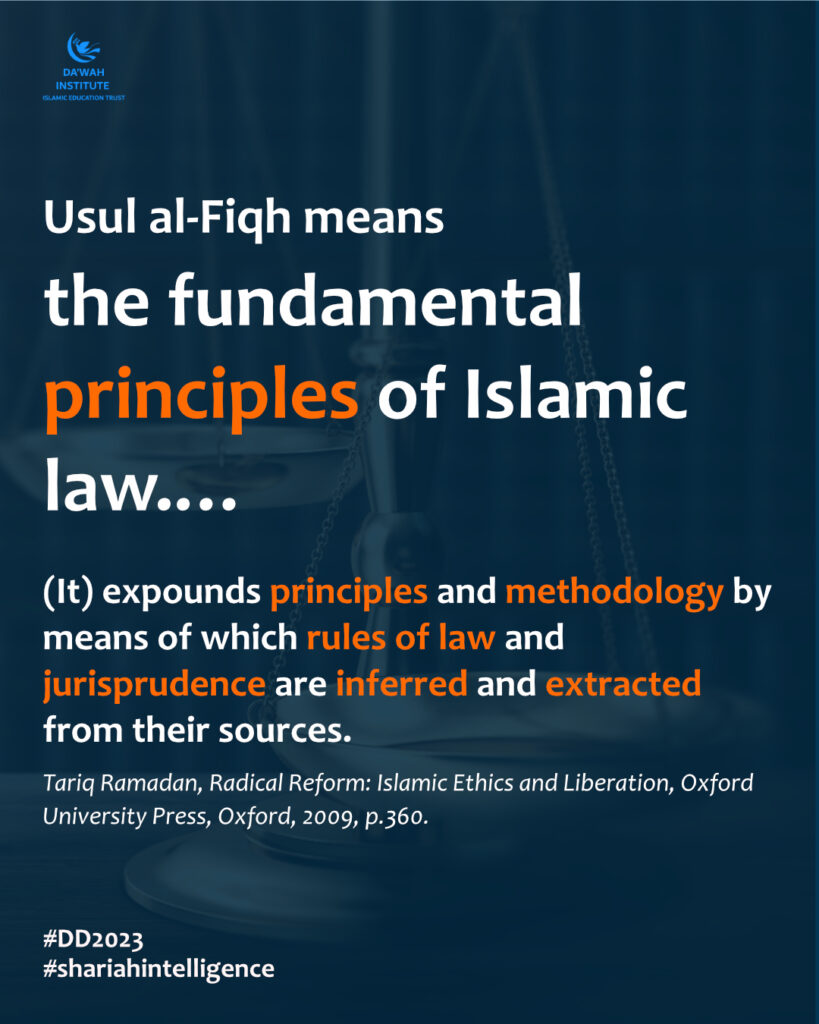Brave-Tan Articles
Ibn Taimiyyah noted in his treatise on the Amal of Ahl al-Madinah that, “During the time of the three excellent generations, there was no evident innovation in Madinah at all and no innovation issued from it at all regarding the…
The authority for Amal of Ahl al-Madinah mainly derives from the following evidence: Qadi ‘Iyad mentions in his Masalik: “It is related that ‘Umar ibn al-Khattab, may Allah be pleased with him, once said on the mimbar, ‘By Allah, I…
According to Muhammad Hashim Kamali, “Imam Malik has gone as far as to equate the amal ahl al-Madinah, that is the customary practice of the people of Madinah, with ijma’. This type of ‘amal (lit.’ practice’) constitutes a source of…
It constituted the living embodiment of the well-established Sunnah, and its authority rested on the fact that the greater body of jurists of Medina recognized its validity. Imam Malik therefore considered the standard practice of the people of Madinah to…
‘Amal Ahl al-Madinah refers to the tradition and praxis (‘amal) or consensus (ijma’) of the People of Madinah at the time of Imam Malik bin Anas (d.179 AH) and before. These practices are those that were common and known among…
Imam Malik, Imam Ahmad bin Hanbal, most followers of the Shafi’i School and those of the Zahiri consider istishab to be a valid independent source of Shari’ah, Abu Hanifah and the majority of his followers did not consider it an…
Shari’ah rulings are usually given based on the accepted rules by individual madhhabs
These proofs and explanations have been the sources of some legal maxims such as: “The premise in all things is that of permissibility” (al-asl fi al-ashyah al-ibahah); “Certainty is not overruled by doubt” (al-yaqin la yazulu bi al-shakk); “The norm…
Example of principles based on istishab include the presumption of an action being permissible until proven prohibited; of innocence until proven guilty; of freedom from responsibility until proven otherwise; of duty until proven fulfilled; of purity until proven impure Jasser…
Usul al-Fiqh enables scholars to deduce with a reasonable degree of certainty what level of desirability or undesirability to assign to every aspect of our lives, based on the guidance of divine revelation (Qur’an), its implementation in the life of…
“And they say, ‘None will enter Paradise except one who is a Jew or a Christian.’ That is (merely) their wishful thinking. Say, ‘Produce your proof, if you should be truthful.’” (Qur’an 2:111)
Istishab is also proven by the fact that the Prophet (صلى الله عليه وسلم) asked those who were in doubt of the number of raka’at they had done in salat to assume the minimum number which they were certain about,…
An example of istishab which is also regarded as proof for its validity comes from the Prophet’s teaching of what to do when a person with ablution is in doubt of having spoilt his ablution by passing wind. The Prophet…
Abu Hurayra reported that the Messenger of God (p) said, “He who believes in God and the Last Day, let him abstain from harming his neighbour; he who believes in God and the Last Day, let him honour his guest;…
The Prophet (p) said a person would indirectly be abusing his or her own parents. He said, “Among the major sins, is for a person to abuse his parents”. A companion said, ‘How would a man abuse (his parents)? the…
Do you know what is better than charity and fasting and prayer? It is keeping peace and good relations between people, as quarrels and bad feelings destroy mankind Tirmidhi, Sunan al-Tirmidhi, hadithno. 2509
Allah says in the Qur’an, “Invite to the way of your Lord with wisdom and beautiful exhortation.(Qur’an16:125)
“Do not argue with the People of the Book, except in a most kindly manner”(Qur’an29:46)hich states that “Matters will be judged by the purposes they fulfil” (Alumuru bi-maqasidiha).
Usul al-Fiqh generates consistent methodologies of interpretation of Islamic sources that regulate the practice of ijtihad (juristic reasoning) used by a jurist (mujtahid)5 or School of Juristic Thought (madhhabs) Principles of Islamic Jurisprudence, the Islamic Text Society, Cambridge, 2003, p.1-4
Usul al-Fiqh means “the fundamental principles of Islamic law.… (It) expounds principles and methodology by means of which rules of law and jurisprudence are inferred and extracted from their sources. Tariq Ramadan, Radical Reform: Islamic Ethics and Liberation, Oxford University…
